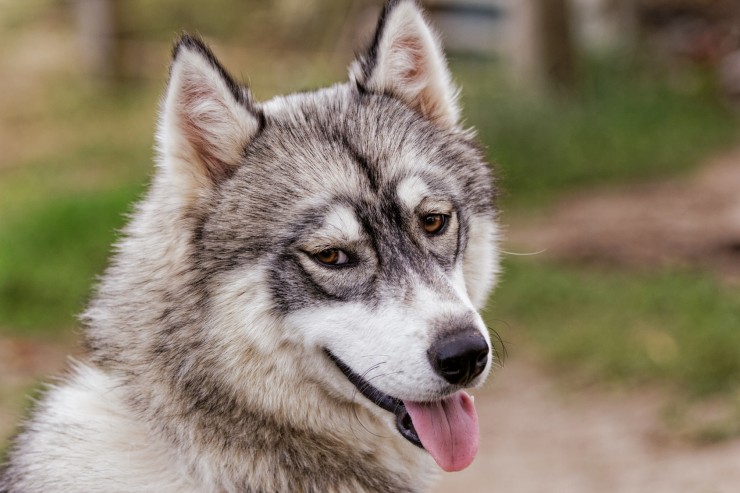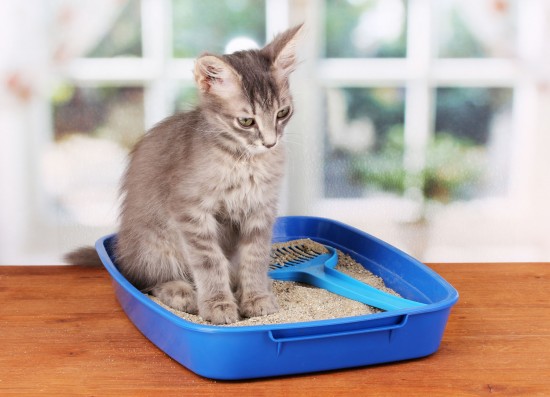

Discoid lupus is a sub-form of lupus, which in its turn is an autoimmune disorder, and one that can affect either humans or dogs. While it is less harmful than full lupus and affects just the skin, it can lead to a range of complications, and as such, it needs to be properly diagnosed and managed in affected dogs.
Discoid lupus, like other forms of lupus, occurs when the dog’s own immune system malfunctions, and begins to view certain types of normal bodily cell activities as alien or harmful, and attacks them.
Exactly why this occurs and why it affects some dogs but not others from within the same breed or ancestry is not known, but the condition is certainly more common in some breeds of dogs than others, with the Siberian husky, German shepherd and various types of collies all being at higher risk than most other breeds.
In this article, we will look at the symptoms of discoid lupus in dogs, how it is diagnosed, and how affected dogs can be cared for and supported. Read on for more information on discoid lupus in dogs.
Discoid lupus affects only the skin of the dog, and ergo is not considered to be a hugely harmful or destructive condition, something that it is important for the owners of affected dogs to remember, as a diagnosis of any form of lupus can be very worrying!
Most dogs afflicted with the condition lead generally normal lives in good health, with an average lifespan that is not impacted by the condition. However, left untreated, discoid lupus can cause some potential complications, and so it is wise to learn to recognise the basic symptoms of the condition, so that you can get your dog help from the vet if they should need it.
The most common symptoms of the condition in dogs include:
If you spot any of the above symptoms of the condition, particularly if your dog is of one of the breeds mentioned above as having a heightened propensity to developing the condition, it is wise to get your dog checked out by your vet asap, in order to keep the condition monitored and get them the help and support that they need.
Let your vet know about the signs and symptoms that you have noticed, and your vet will first of all perform a physical examination of your dog, and note any areas of lighter pigmentation, hair loss or other issues, which will help them to determine whether or not they will need to take a biopsy of your dog’s skin.
It a biopsy is undertaken, your dog will likely be sedated but not fully anesthetized while a small tissue sample is taken from the face for testing. This sample will then be sent away for laboratory analysis, in order to confirm or rule out a diagnosis of discoid lupus in your dog.
Managing and treating discoid lupus in dogs can be undertaken in a variety of different ways, and what exactly is considered to be the best fit for your own dog is up for you and your vet to decide in combination. The severity of the condition, how badly it is affecting your dog and if any complications arise from the condition will all help to determine the best way to proceed.
Because the loss of pigmentation of the skin that often accompanies the condition can make dogs more prone to sunburn and the long term effects of sun damage, this can increase the risk factors for melanoma and other forms of skin cancer, so protecting your dog’s paler areas and keeping them out of bright sun is one factor that owners of dogs with the condition will need to bear in mind.
Supplemental administration of Vitamin E food supplements can help to support skin health and reduce the effects of minor irritations in milder presentations of the condition, while for dogs that are badly afflicted, your vet may prescribe a topical steroid cream to treat the irritation and swelling that can sometimes accompany discoid lupus.
For dogs that are seriously afflicted with the condition, immunosuppressant medications may be prescribed to help to protect the skin, and stop your dog’s central nervous system from attacking it. However, this course of treatment is not one to undertake lightly, as these medications will also lower your dog’s natural immunity to other, external threats.
Generally, discoid lupus can be viewed as a minor irritation for the dog, and not something that should have a strong negative impact on their day to day lives. Keeping the condition monitored and under control is the key to keeping your dog comfortable, and preventing any complications from occurring.
 More Information On The Attractive And Unusual Serengeti Cat
More Information
More Information On The Attractive And Unusual Serengeti Cat
More Information
 How To Keep Rabbits Warm In Winter & Cool During The Summer
How To Keep Rabbi
How To Keep Rabbits Warm In Winter & Cool During The Summer
How To Keep Rabbi
 Dogs That Need Close Or Constant Supervision
Dogs That Need Cl
Dogs That Need Close Or Constant Supervision
Dogs That Need Cl
 Reasons for You to Build and Design Chicken Runs for Your Chicken
Reasons for You to Build and Design Chicken Runs for Your
Reasons for You to Build and Design Chicken Runs for Your Chicken
Reasons for You to Build and Design Chicken Runs for Your
 Constipation In Cats
Constipation In C
Constipation In Cats
Constipation In C
Copyright © 2005-2016 Pet Information All Rights Reserved
Contact us: www162date@outlook.com